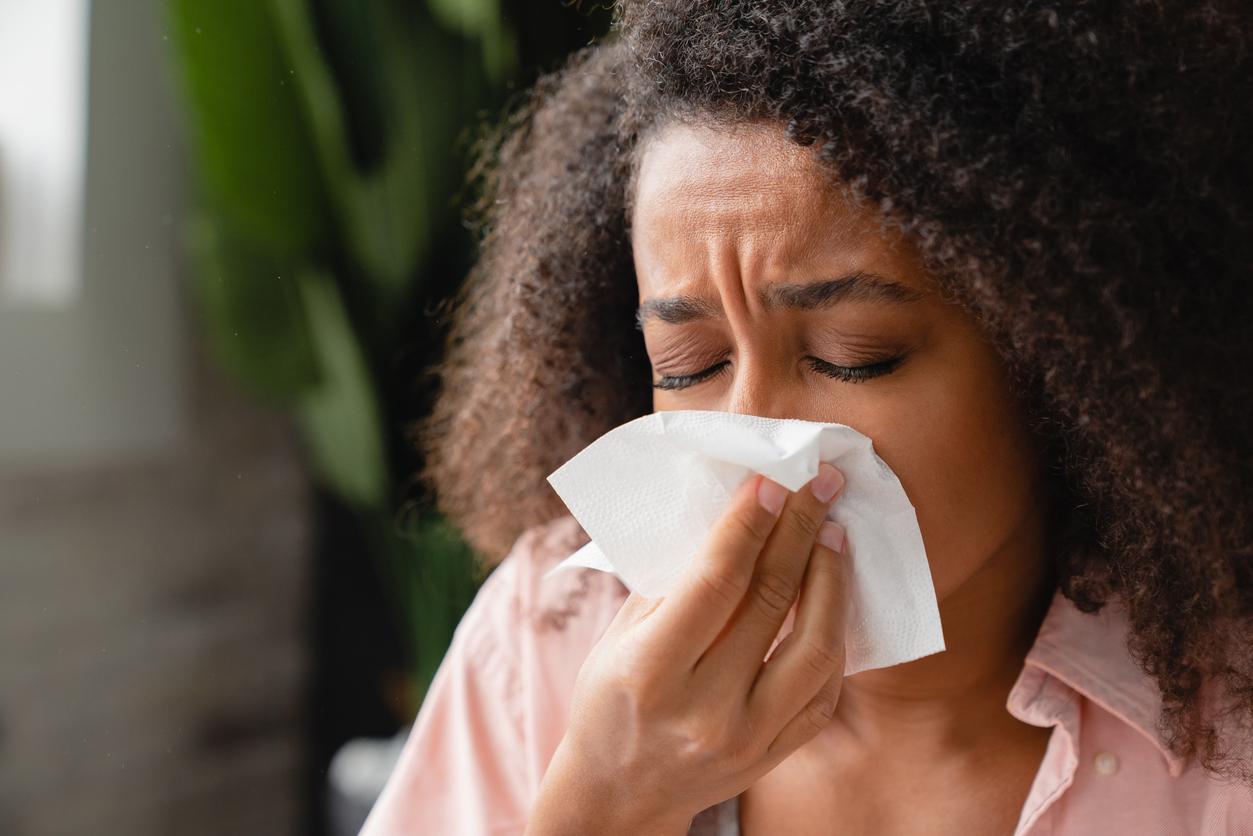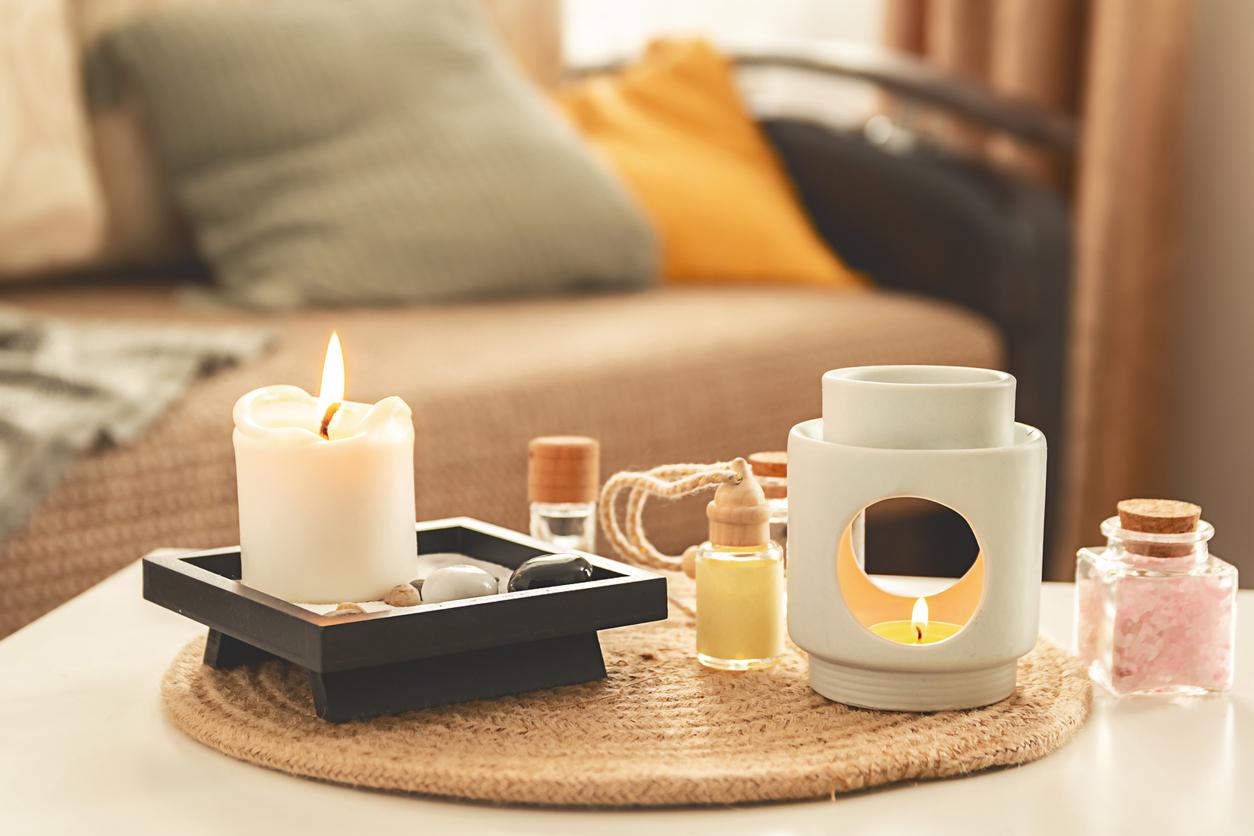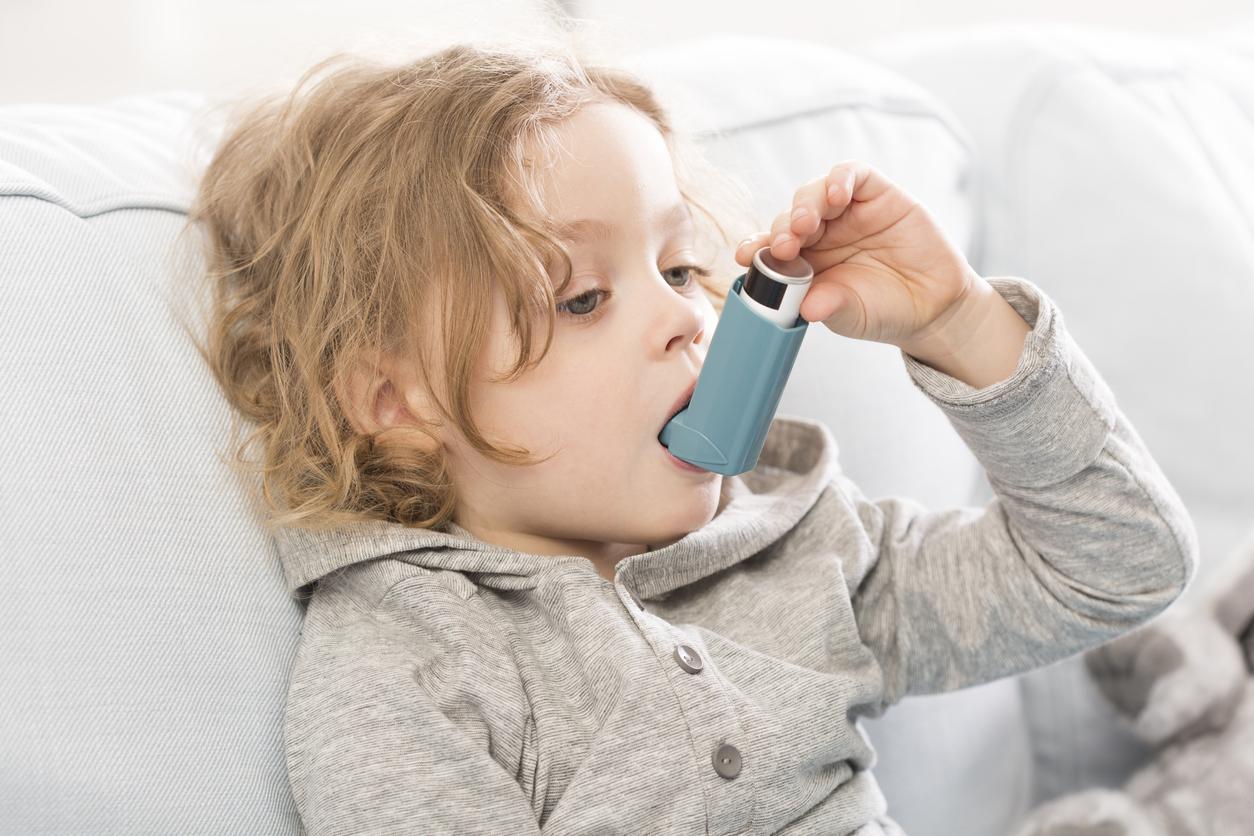The health of our lungs is essential to our overall well-being. Adopting simple bronchial hygiene habits can prevent many respiratory conditions.

- Maintaining good bronchial hygiene is crucial to protect your lungs from infections and irritants.
- By adopting simple actions such as good hydration, breathing exercises, and regular physical activity, you can significantly improve your lung health.
- Taking care of your lungs today will ensure a better quality of life in the long term.
The lungs, these vital organs, are constantly exposed to various pollutants and pathogens present in our environment. With air pollution on the rise and respiratory infections common, maintaining good bronchial hygiene is more important than ever. By adopting a few simple actions and being aware of the risk factors, everyone can contribute to the protection of their lungs and improve their quality of life.
Learn the latest recommendations and practices to keep your lungs healthy. By incorporating these practices into your daily life, you can not only prevent many respiratory conditions, but also strengthen your lungs and improve your overall well-being. Protecting your lungs starts with small, simple but effective actions.
1. The importance of hydration
Proper hydration is essential to keep mucus in the airways flowing smoothly, making it easier to clear and preventing the buildup of bacteria and viruses. Drinking enough water, ideally eight glasses a day, is a simple but crucial first step. In addition to water, unsweetened herbal teas can be beneficial, particularly those made from herbs known for their expectorant properties, such as thyme and eucalyptus.
2. Practice breathing exercises
Breathing exercises can help strengthen the lungs and improve breathing capacity. Techniques like diaphragmatic breathing and pursed-lip breathing are particularly helpful. A recent study published in The Journal of Respiratory and Critical Care Medicine showed that these exercises can significantly improve lung function in people with chronic respiratory conditions. Incorporating these exercises into your daily routine can also help reduce stress and improve overall well-being.
3. Maintain a healthy environment
Indoor air quality is often overlooked, but it can have a major impact on lung health. Using air purifiers, avoiding harsh chemicals, and regularly ventilating rooms are simple steps to improve the air you breathe at home. Additionally, avoiding smoking indoors and reducing exposure to allergens like dust, mold, and pet dander can prevent bronchial irritation and infections.
4. The importance of physical activity
Regular exercise is crucial for maintaining healthy lungs. Aerobic activities, such as brisk walking, running, cycling, and swimming, stimulate the lungs and improve blood circulation. In 2023, a Harvard University study confirmed that people who get at least 150 minutes of moderate exercise per week have better lung function and a lower incidence of respiratory diseases.

5. Protect yourself against infections
Respiratory infections, such as influenza and COVID-19, can cause significant damage to the lungs. Getting vaccinated against these infections is an effective preventative measure. Additionally, maintaining good hand hygiene and avoiding crowds during peak infection seasons can reduce your risk of contracting respiratory illnesses. Wearing a mask in high-risk environments is also a good practice to protect your lungs.
News and innovations
Lung health research continues to advance. Innovations like smart inhalers, which enable accurate tracking of lung use and function, and advanced nebulizer therapies are offering new options for managing respiratory diseases. Mobile apps dedicated to breathing and lung wellness are also growing in popularity, helping users proactively track and improve their respiratory health.

















